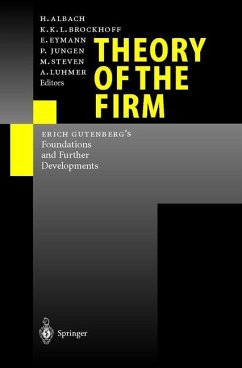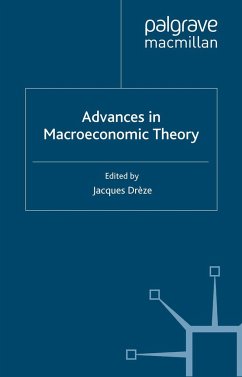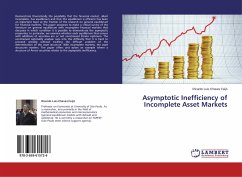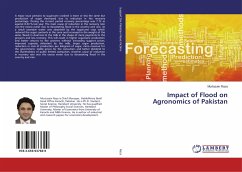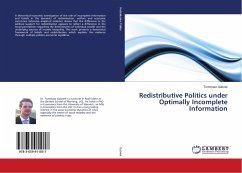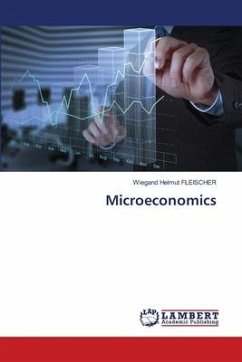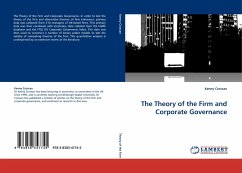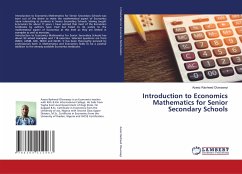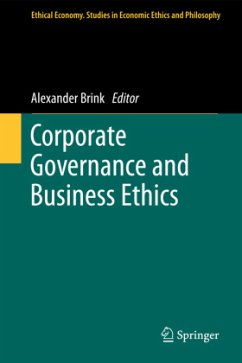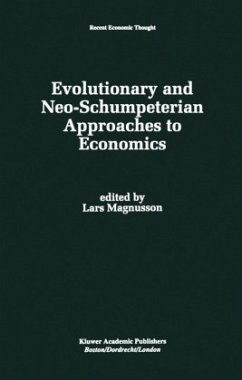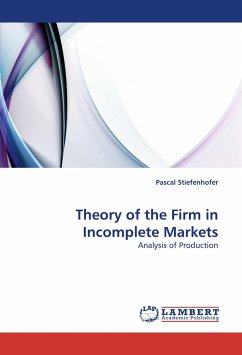
Theory of the Firm in Incomplete Markets
Analysis of Production
Versandkostenfrei!
Versandfertig in 6-10 Tagen
39,99 €
inkl. MwSt.

PAYBACK Punkte
20 °P sammeln!
Classical general equilibrium theory with incomplete markets assigns utilities to firms just as economists have always assigned utilities to consumers. This theory of the firm is at variance with the Arrow-Debreu model of the firm where decentralized markets function at their best and firms maximizing profits. This book, therefore, considers a model of the firm under time and uncertainty where the objective function of the firm is independent of any exogenously assigned average utility to it. This requires a reformulation of the role capital plays. At variance to classical GEI theory, in this ...
Classical general equilibrium theory with incomplete markets assigns utilities to firms just as economists have always assigned utilities to consumers. This theory of the firm is at variance with the Arrow-Debreu model of the firm where decentralized markets function at their best and firms maximizing profits. This book, therefore, considers a model of the firm under time and uncertainty where the objective function of the firm is independent of any exogenously assigned average utility to it. This requires a reformulation of the role capital plays. At variance to classical GEI theory, in this set up, capital as an intermediate good does not enter the utility of the consumers. This allows a convenient formulation of production capacity with non-trivial economic consequences. The book rehabilitates the decentralization property of the Arrow Debreu model to the case where time and uncertainty enters the model in an essential way. The monograph is designed for advanced economics students, PhD students, engineers and researchers interested in production. Some suggestions for further research are mentioned.



